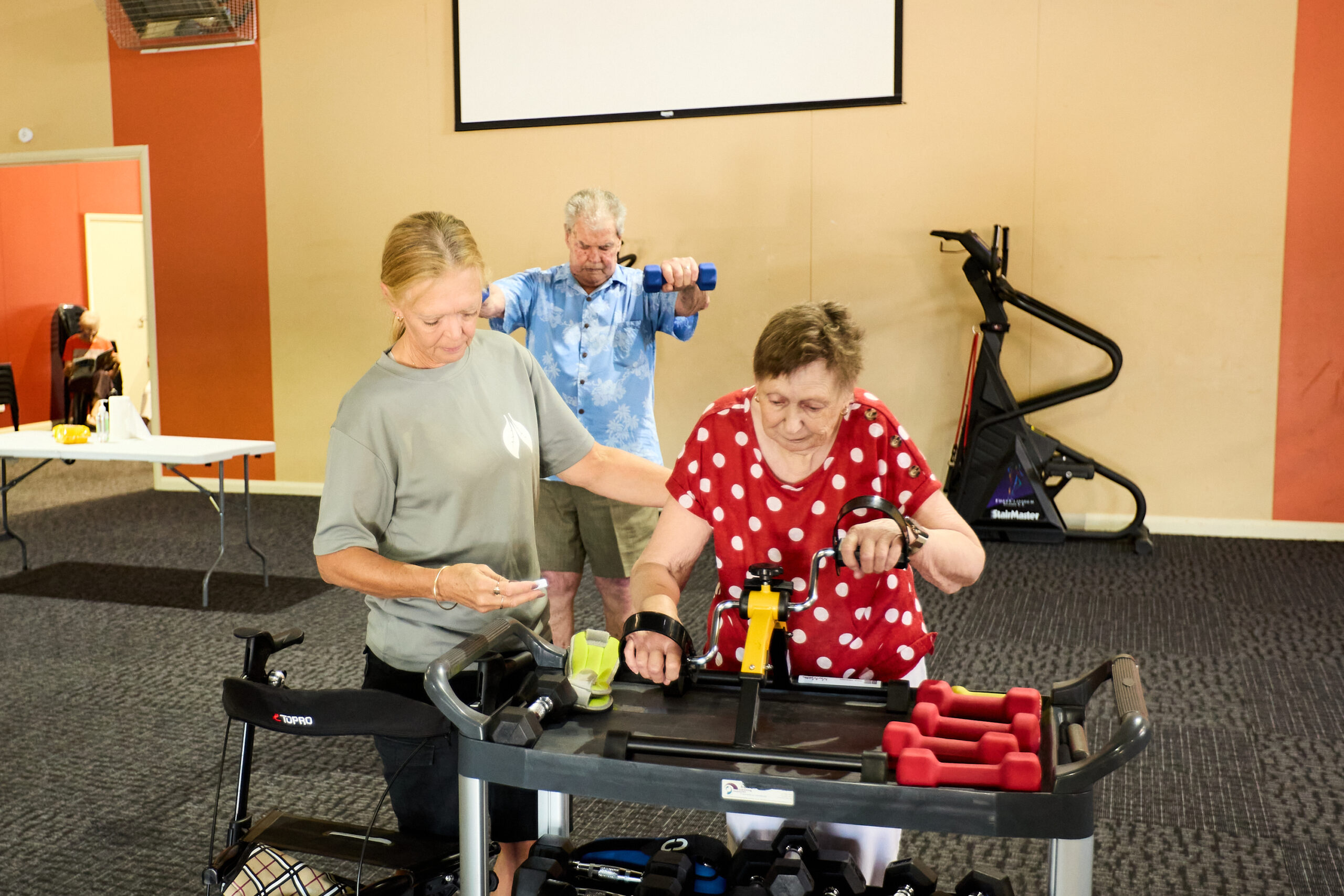Aims & Objectives
Including education and self-management interventions within PR are based on the perception that teaching people with chronic lung disease about their condition and management approaches are key steps towards optimal health. Health education within PR may influence knowledge, perception of benefit, health beliefs and health behaviours.
The core aims and objectives of the education component of a pulmonary rehabilitation program are to:
- Promote behaviour change and self-management of the underlying lung conditions (and associated comorbidities), including management of exacerbations
- Provide an understanding of the role and importance of exercise and physical activity during and after program completion and knowledge of appropriate modes and options for exercise.
- Enhance quality of life and symptom management, including breathing control skills and strategies to manage fatigue, cough and promote airway clearance.
- Increase knowledge regarding the correct and appropriate use of medications including oxygen therapy to maximise efficacy and adherence.
- Promote the importance of nutrition and optimise nutritional status.
- Increase the patient’s ability to cope with the acute and chronic phases of their underlying lung disease.
- Reduce the length of stay for patients currently in hospital.
- Reduce future hospital admissions.
- Improve mental health status, including anxiety and depression.
- Promote stress management and techniques for promoting optimal psychological health (including anxiety, depression and panic).
- Provide the ability to develop action plans in consultation with a health professional.
- Increase knowledge of primary, secondary and tertiary care options, including community support services.



